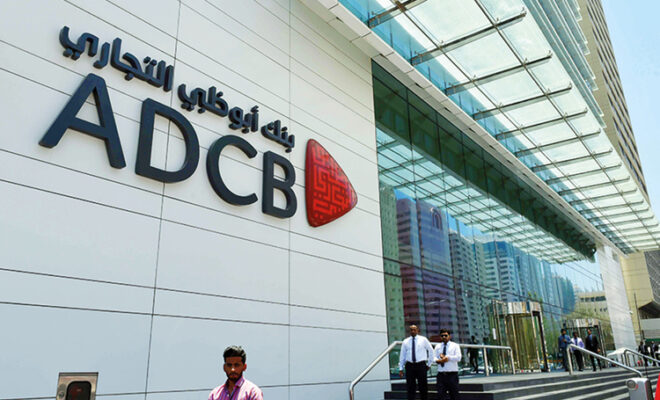International Trade Abbreviations Which You Should Know

International Trade Abbreviations: As an exporter or importer, it is important to be acquainted with every aspect of international trade laws, import-export procedures and documentation, terms of payment in international trade, and so on. However, those new to the trade world will often be left confused – at least at first – by various abbreviations being used as a matter of course.
International trade encapsulates a huge ecosystem comprising different countries, modes of delivery, various supply chains, modes of trade payments, and of course, the buyer and seller parties. It helps to be acquainted with some of the most commonly used abbreviations in international trade, which is why we selected some of the most relevant ones you should know here in this post.
- Incoterm: This is an abbreviation of the term ‘International Commercial Terms’. They define the set of rules that outline the responsibilities of the buyer and seller in cross border trading.
- AWB: This is an abbreviation for the term ‘Air Way Bill’ and it signifies a document sent with shipped goods via an international courier. The AWB provides every detail about the shipment, so that it may be tracked en route. All parties have copies of the AWB.
- FTA: This is an abbreviation for ‘Free Trade Agreement’. It constitutes a pact between two or more countries to minimise barriers in imports and exports. It seeks to reduce Customs charges, keep within the rules and regulations of international trade, and standardise export documents and international shipping documents.
- BL: The BL or ‘Bill of Lading’ is issued by a carrier to acknowledge that the cargo is received for shipment/transport. It is most often used as a shipping term. However, it may refer to any mode of goods transport.
- SLI: Similar to the BL, the ‘Shipper’s Letter of Instruction’ or SLI is issued by the shipper authorising the carrier from issuing the BL or AWB on their (the shipper’s) behalf. This instruction is sent in a form outlining the shipment details.
- DGR: Also known as the ‘Dangerous Goods Regulations’, this is an important set of regulations outlining how to prepare documentation for dangerous goods, as designated by the IATA.
- COO: The COO or ‘Certificate Of Origin’ is used as a printed form or a digital form for international trade. It is filled in by the exporter and the relevant issuing body certifies it to attest that the shipment has been manufactured in a particular country.
- CI: The ‘Commercial Invoice’ is a Customs clearance document that is used as an official Customs declaration. It is provided by the exporter when sending the goods for cross border trading.
- PL: Known as the ‘Pallet List’ or ‘Packing List’, it is a document detailing the package or shipment contents. It is pasted on the shipment box or container so that the buyer, shipping authorities, transport agencies and Customs may know what the package contains.
- ECCN: The ECCN or ‘Export Control Classification Number’ is an alphanumeric code or designation to identify export items faster. The number/code helps to identify the item based on the type of commodity, software or technology, assigned technical parameters, etc.
- EOR: This is an abbreviation for the term ‘Exporter Of Record’. It denotes the seller whose product/shipment is exported from one country to another, but only when the EOR is registered in the destination country.
- IOR: This is an abbreviation of the term ‘Importer Of Record’ is an official note outlining that the buyer is listed on records as the purchaser of the merchandise or shipment being imported in the destination country.
- HS: Known as the ‘Harmonised System’ or ‘Harmonised Commodity Description and Coding System’, the HS is a tariff nomenclature that outlines an internationally standardised system of names and numbers to classify the products being traded.
Selecting the incoterm for your transaction can be a difficult choice, which is why we developed a free tool to help you make the best decision for your business. Check out our Knowledge centre for more information on which incoterm is more appropriate for your needs and details on customs procedures.













